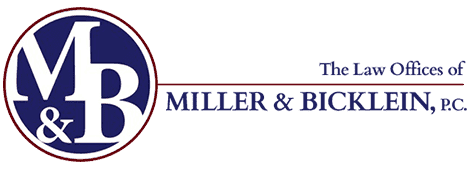When you go to work each day, you no doubt reasonably expect to carry out your duties in much the same manner as you did the previous day. While unforeseen circumstances may arise, your day-to-day Texas workplace experiences are likely somewhat usual. Whether you’re behind a desk in an office or on the road behind the wheel of a commercial vehicle, you have a job to do and you do it, plain and simple.
If you’re involved in a workplace accident, the events that unfold in the aftermath may be anything but usual. In fact, if you suffer severe injury, your life may never be the same. One of the reasons it’s so important to closely monitor your condition in the days and weeks that follow an on-the-job accident is that injuries aren’t always immediately apparent, especially a traumatic brain injury.
Accidents that often result in TBI
You’re never 100% protected from workplace accidents. An accident can happen anywhere at any time, no matter what your particular line of work happens to be. Emergency room doctors often diagnosis TBI in patients who have been in motor vehicle accidents on the job as well as workers who have fallen or have been hit in the head by an object, such as falling construction debris.
You can also suffer a TBI if you have been jolted or shaken or experienced a loud explosion. A brain injury can be mild, moderate or severe. If you suffer a TBI, your condition may pass from one phase to another, which is why it is important to have access to proper medical care.
Symptoms that are cause for concern
If you’re unconscious following a workplace accident, rescue workers immediately understand that you may have suffered a TBI. However, if you’re awake and relatively coherent, it doesn’t necessarily mean you have not suffered a brain injury, especially if your head hit the dashboard in a vehicle or a falling object struck you in the face, head or upper body.
Experiencing certain symptoms after a workplace accident suggests a need for further medical examination. Such symptoms include nausea or vomiting, fatigue or grogginess, lack of appetite, disturbed sleeping patterns, and mood swings. Vision trouble, dizziness or ringing in the ear as well as discomfort or pain in your head, face, or upper body are additional signs of possible brain trauma.
What to do if you suspect a TBI
Whether or not you believe you have suffered injury, it’s always a top priority to report a workplace accident to your employer. If you experience symptoms of a possible TBI, you’ll want to return to the hospital or your primary care physician. It’s important to make sure your medical team is aware that you were recently in an accident at work so they know what tests to perform.
Additionally, it’s helpful to speak with someone who is well-versed in workers‘ compensation issues. Many injured individuals often need workers’ comp after an on-the-job accident, but filing a claim for benefits can be a complex, stressful process. If doctors diagnose you with a TBI, they will likely tell you to try to avoid cognitive stress. Reaching out for additional support to navigate the workers’ comp system can help keep post-accident stress to a minimum.
